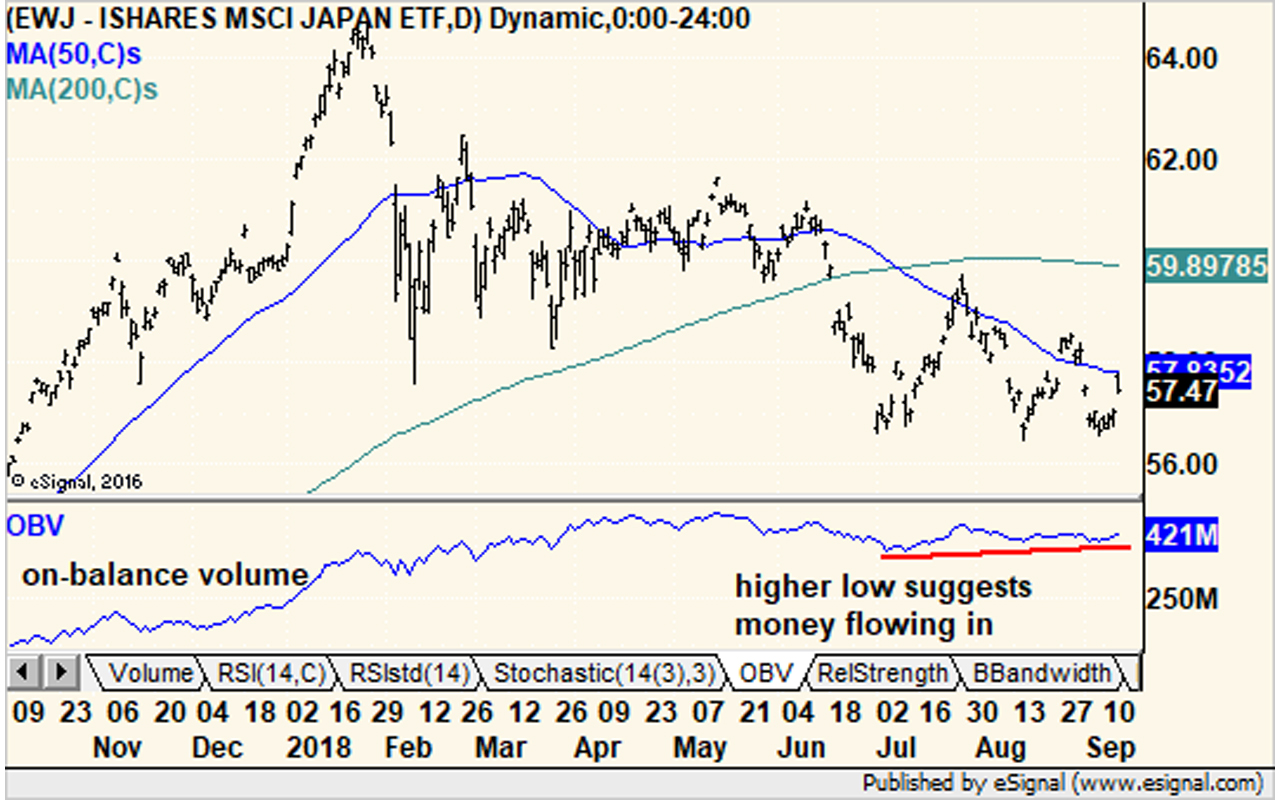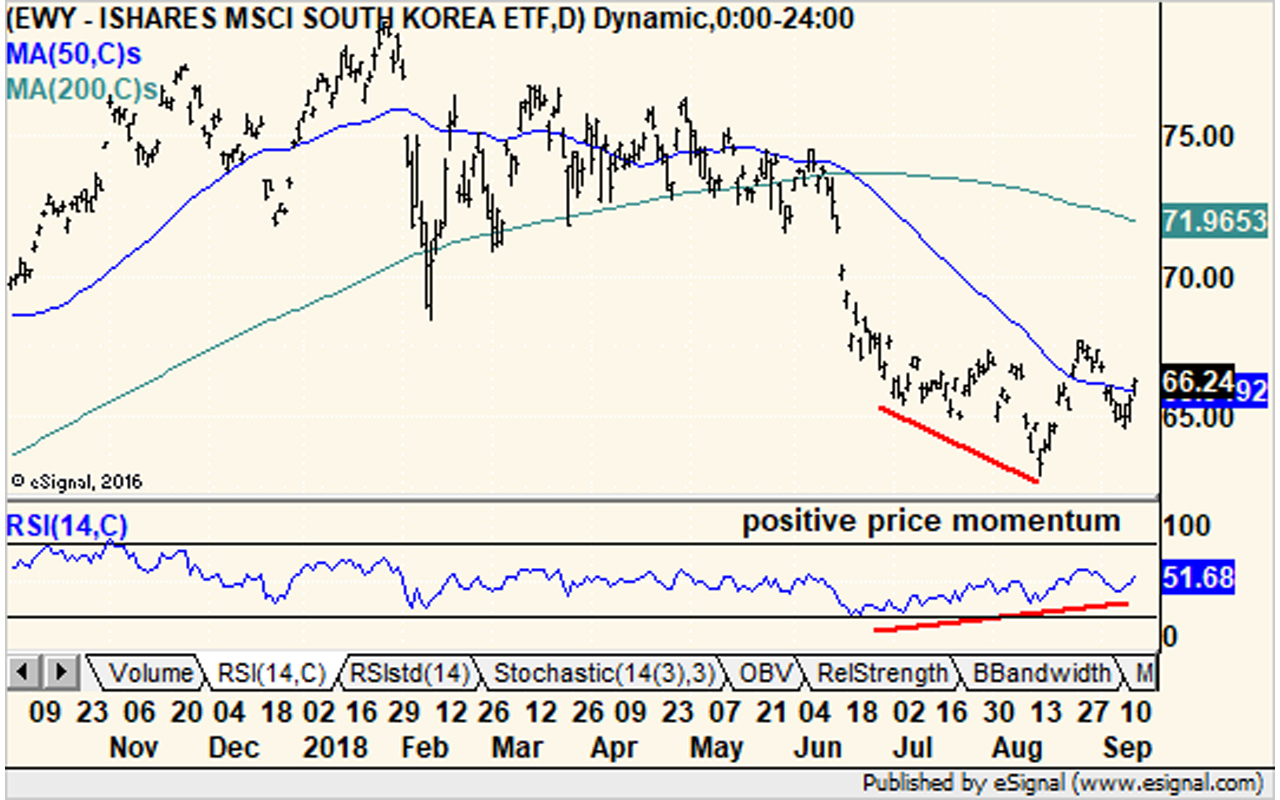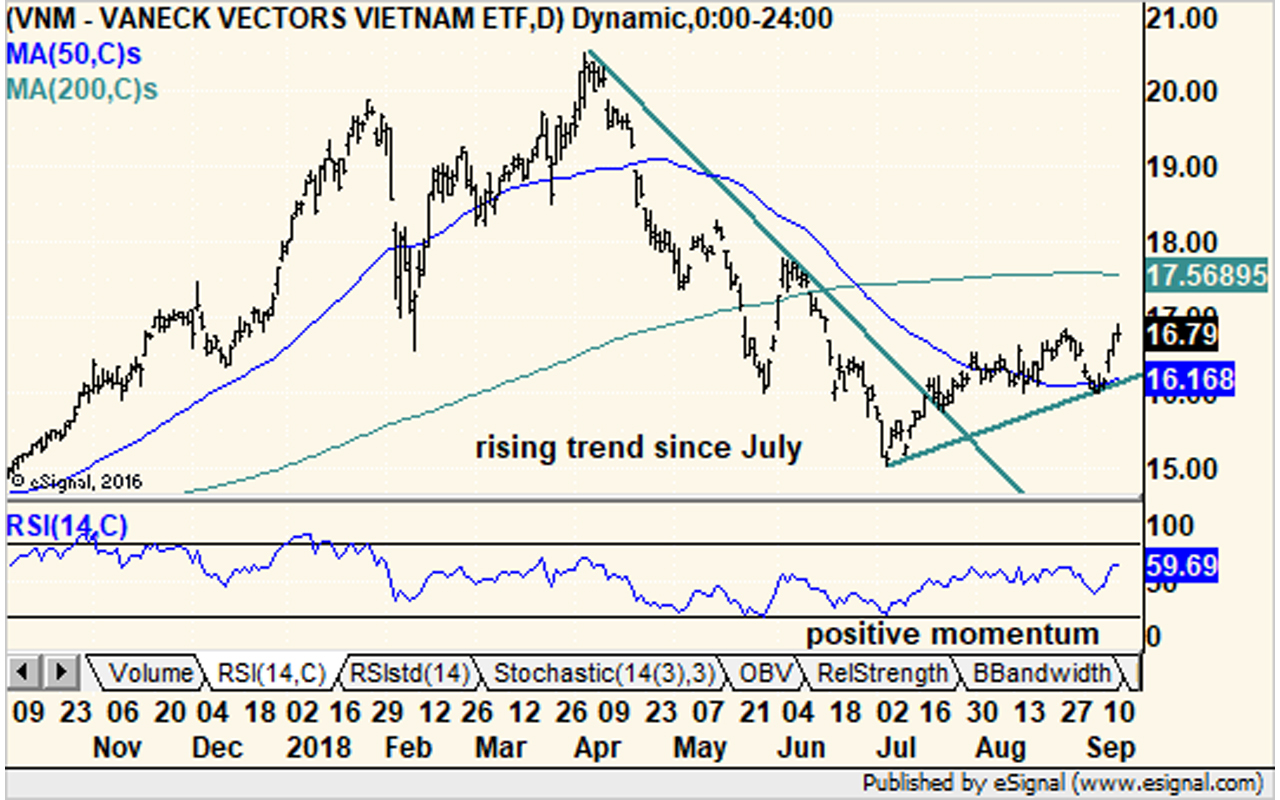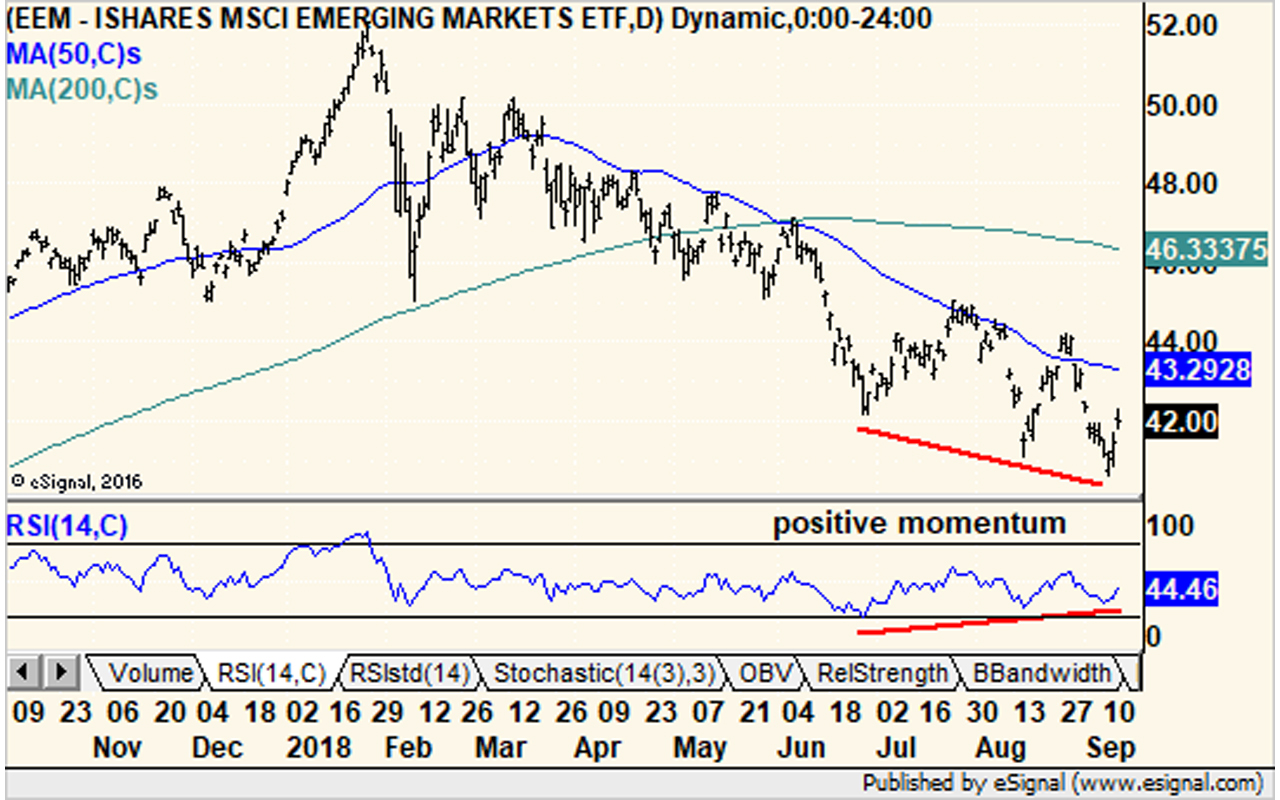Asian Stocks: 4 Great Funds for a Far East Surge
We’ve all heard that diversification is good for a portfolio.


Profit and prosper with the best of Kiplinger's advice on investing, taxes, retirement, personal finance and much more. Delivered daily. Enter your email in the box and click Sign Me Up.
You are now subscribed
Your newsletter sign-up was successful
Want to add more newsletters?

Delivered daily
Kiplinger Today
Profit and prosper with the best of Kiplinger's advice on investing, taxes, retirement, personal finance and much more delivered daily. Smart money moves start here.

Sent five days a week
Kiplinger A Step Ahead
Get practical help to make better financial decisions in your everyday life, from spending to savings on top deals.

Delivered daily
Kiplinger Closing Bell
Get today's biggest financial and investing headlines delivered to your inbox every day the U.S. stock market is open.

Sent twice a week
Kiplinger Adviser Intel
Financial pros across the country share best practices and fresh tactics to preserve and grow your wealth.

Delivered weekly
Kiplinger Tax Tips
Trim your federal and state tax bills with practical tax-planning and tax-cutting strategies.

Sent twice a week
Kiplinger Retirement Tips
Your twice-a-week guide to planning and enjoying a financially secure and richly rewarding retirement

Sent bimonthly.
Kiplinger Adviser Angle
Insights for advisers, wealth managers and other financial professionals.

Sent twice a week
Kiplinger Investing Weekly
Your twice-a-week roundup of promising stocks, funds, companies and industries you should consider, ones you should avoid, and why.

Sent weekly for six weeks
Kiplinger Invest for Retirement
Your step-by-step six-part series on how to invest for retirement, from devising a successful strategy to exactly which investments to choose.
We’ve all heard that diversification is good for a portfolio. Considering that the U.S. stock market is at record highs, and stocks are about as pricey as they get, investors may want to consider spreading around some of their risk.
And Asian stocks might be the best place in the world for that right now.
If you want to diversify outside the U.S. market, there’s a problem: Most major markets don’t look any safer than the U.S. Europe has been underperforming for literally years with no real sign of reversing that trend. Latin America has plenty of problems, not the least of which is the implosion of the Argentinian economy. Africa is a hotbed of unstable stock markets and geopolitical unrest.
Fortunately, there are some opportunities in Asia – through domestically traded exchange-traded funds (ETFs) – where local markets are either holding firm or turning the corner into bull markets.
Here’s a look at four funds to buy to get exposure to Asian stocks and defray your risk a bit.
Data is as of Sept. 14, 2018. Yields represent the trailing 12-month yield, which is a standard measure for equity funds.

iShares MSCI Japan ETF
- Market value: $16.4 billion
- Expense ratio: 0.49%
- Dividend yield: 1.5%
The Japanese market peaked in January alongside the U.S., but it didn’t recover the same way. After a steep January-February decline, it stabilized for several months. However, while the U.S. broke out to the upside in June and July, Japan broke down once again.
The total decline from January reached 12%, in round numbers, which many call “correction territory.”
However, the market seems to have found its floor and technical indicators have turned slightly higher. And a Reuters poll in August showed business confidence among Japanese manufacturers at a seven-month high.
With real wages rising at its fastest pace in more than 21 years, the news is rather positive. The wild card giving Japan an additional boost would be peace on the Korean peninsula.
The most popular way to play this is the iShares MSCI Japan ETF (EWJ, $58.12), which holds more than 300 of Japan’s largest stocks, including several well-known internationals such as automaker Toyota (TM), holding company Softbank (SFTBF) and tech giant Sony (SNE).

iShares MSCI South Korea ETF
- Market value: $3.9 billion
- Expense ratio: 0.62%
- Dividend yield: 3.2%
Despite the on-again, off-again peace negotiations between North Korea and the United States, the South Korean stock market seems immune. Last November, when the North fired a ballistic missile in Japanese waters – one that was reported to have enough range to reach U.S. territory – the South Korean Kospi index barely flinched. And surprisingly, right after the historic U.S.-North Korean summit in Singapore, when the North agreed to disarm its nuclear arsenal, the South Korean market actually fell sharply.
Therefore, we have to look at economic factors alone – and on that front, South Korea looks like it’s in good shape. Fitch Ratings recently confirmed South Korea’s sovereign debt rating of AA- with a stable outlook, boosting the bull case. Furthermore, the market is dominated by technology stocks, and thanks to this year’s price decline, valuations are much more attractive than tech stocks here at home.
The iShares MSCI South Korea ETF (EWY, $66.62) reflects this tech-heavy nature, with nearly 22% of its portfolio invested in electronics conglomerate Samsung, with another two top-10 holdings – SK Hynix and Naver – coming from the technology sector.

VanEck Vectors Vietnam ETF
- Market value: $363.6 million
- Expense ratio: 0.66%
- Dividend yield: 1.2%
The Vietnamese market was one of the top performers in 2017 and handily beat the Standard & Poor’s 500-stock index. But after peaking this past April, it gave back about two-thirds of its bull market gains in just three months’ time.
Still, the country remains one of Asia’s fastest-growing economies with a younger average population than most of its neighbors.
While trade war fears keep a lid bullishness, Mark Mobius, chief of Mobius Capital Partners and emerging markets bull, thinks Vietnam will emerge as one of the winners when the negotiations between the U.S. and China are over.
The VanEck Vectors Vietnam ETF (VNM, $16.63) is now up about 11% from its July low but still has a long way to go before reaching its earlier 2018 highs. This is a thin ETF with just 27 holdings at present, most heavily invested in real estate (22%) – including top holdings No Va Land Investment Group and Vingroup – consumer staples (18%) and financials (17%).

iShares MSCI Emerging Markets ETF
- Market value: $30.4 billion
- Expense ratio: 0.69%
- Dividend yield: 2.3%
The iShares MSCI Emerging Markets ETF (EEM, $41.96) provides exposure to several markets, making it easier, and arguably safer, to hedge a domestic portfolio with one investment. This isn’t a pure play on Asia – it does have exposure to other continents via countries such as South Africa and Brazil. However, Asia is represented in a big way, including through top holdings China (30%), South Korea (15%), Taiwan (12%) and India (9%).
While China’s market isn’t in great shape, some of the top Chinese holdings in the emerging markets ETF are that country’s equivalents of America’s FANG stocks – companies such as Tencent (TCEHY), Alibaba (BABA) and Baidu (BIDU).
While the ETF remains in decline since January, there are signs that buying demand is on the rise. Stock charts also suggest that selling pressures have dissipated, so any rally from current levels would create a bullish breakout condition.
Profit and prosper with the best of Kiplinger's advice on investing, taxes, retirement, personal finance and much more. Delivered daily. Enter your email in the box and click Sign Me Up.

-
 5 Vince Lombardi Quotes Retirees Should Live By
5 Vince Lombardi Quotes Retirees Should Live ByThe iconic football coach's philosophy can help retirees win at the game of life.
-
 The $200,000 Olympic 'Pension' is a Retirement Game-Changer for Team USA
The $200,000 Olympic 'Pension' is a Retirement Game-Changer for Team USAThe donation by financier Ross Stevens is meant to be a "retirement program" for Team USA Olympic and Paralympic athletes.
-
 10 Cheapest Places to Live in Colorado
10 Cheapest Places to Live in ColoradoProperty Tax Looking for a cozy cabin near the slopes? These Colorado counties combine reasonable house prices with the state's lowest property tax bills.
-
 The 24 Cheapest Places To Retire in the US
The 24 Cheapest Places To Retire in the USWhen you're trying to balance a fixed income with an enjoyable retirement, the cost of living is a crucial factor to consider. Is your city the best?
-
 White House Probes Tracking Tech That Monitors Workers’ Productivity: Kiplinger Economic Forecasts
White House Probes Tracking Tech That Monitors Workers’ Productivity: Kiplinger Economic ForecastsEconomic Forecasts White House probes tracking tech that monitors workers’ productivity: Kiplinger Economic Forecasts
-
 5 Stocks to Sell or Avoid Now
5 Stocks to Sell or Avoid Nowstocks to sell In a difficult market like this, weak positions can get even weaker. Wall Street analysts believe these five stocks should be near the front of your sell list.
-
 Best Stocks for Rising Interest Rates
Best Stocks for Rising Interest Ratesstocks The Federal Reserve has been aggressive in its rate hiking, and there's a chance it's not done yet. Here are eight of the best stocks for rising interest rates.
-
 The Five Safest Vanguard Funds to Own in a Volatile Market
The Five Safest Vanguard Funds to Own in a Volatile Marketrecession The safest Vanguard funds can help prepare investors for market tumult but without high fees.
-
 The 5 Best Inflation-Proof Stocks
The 5 Best Inflation-Proof Stocksstocks Higher prices have been a major headache for investors, but these best inflation-proof stocks could help ease the impact.
-
 5 of the Best Preferred Stock ETFs for High and Stable Dividends
5 of the Best Preferred Stock ETFs for High and Stable DividendsETFs The best preferred stock ETFs allow you to reduce your risk by investing in baskets of preferred stocks.
-
 What Happens When the Retirement Honeymoon Phase Is Over?
What Happens When the Retirement Honeymoon Phase Is Over?In the early days, all is fun and exciting, but after a while, it may seem to some like they’ve lost as much as they’ve gained. What then?
